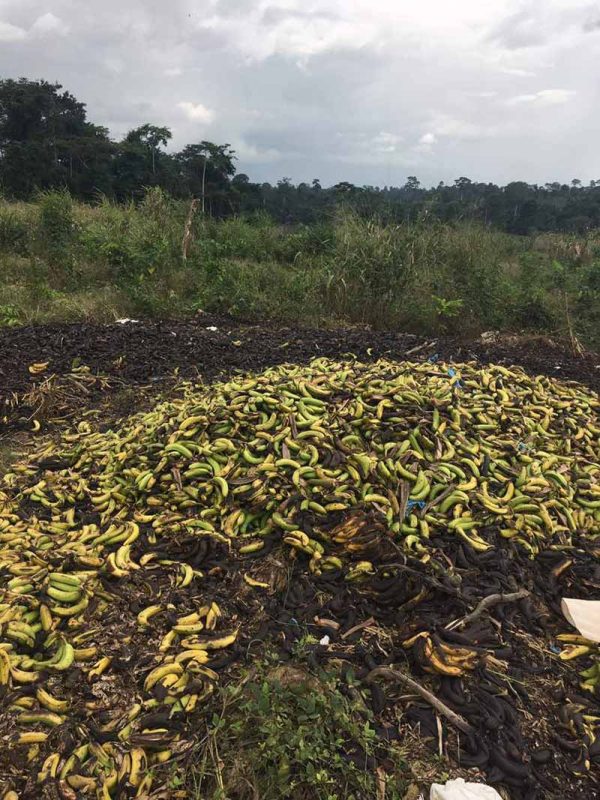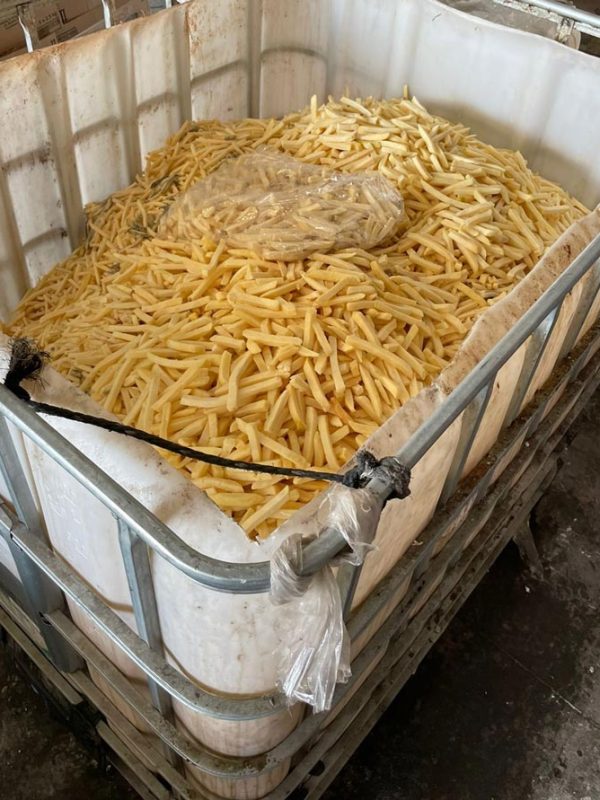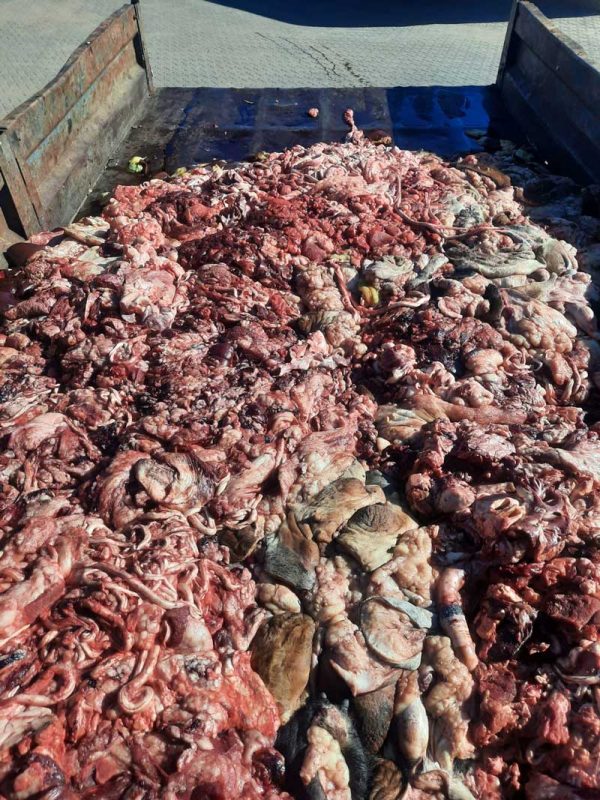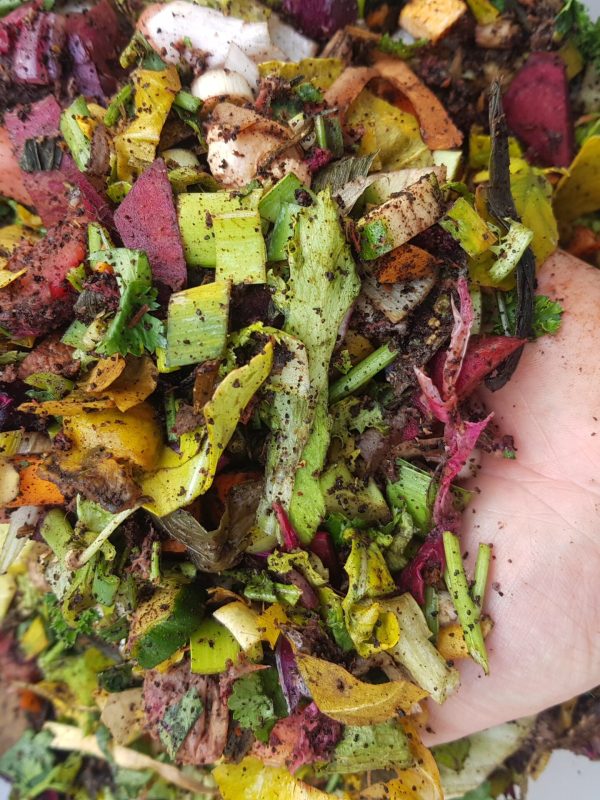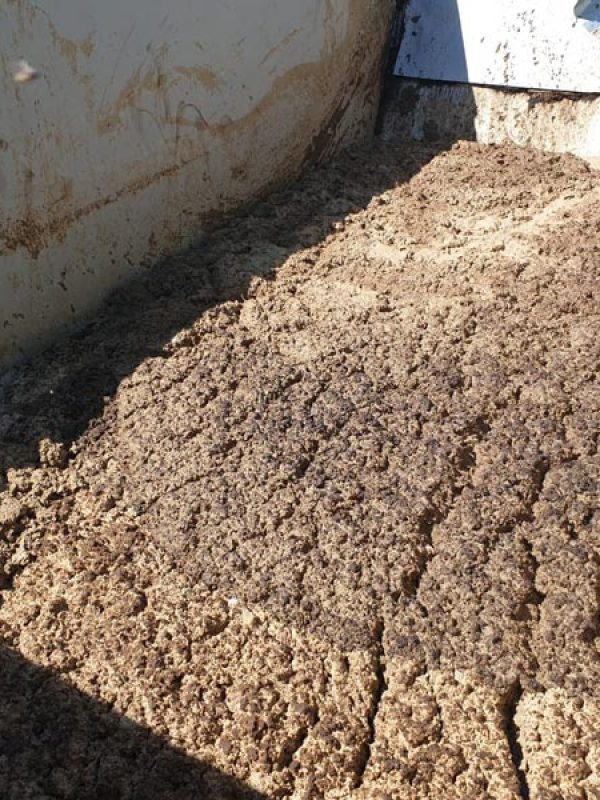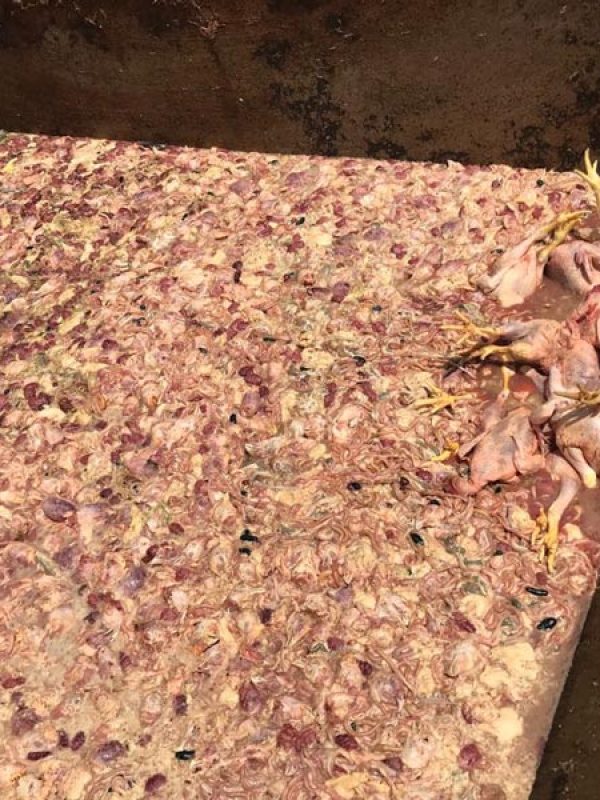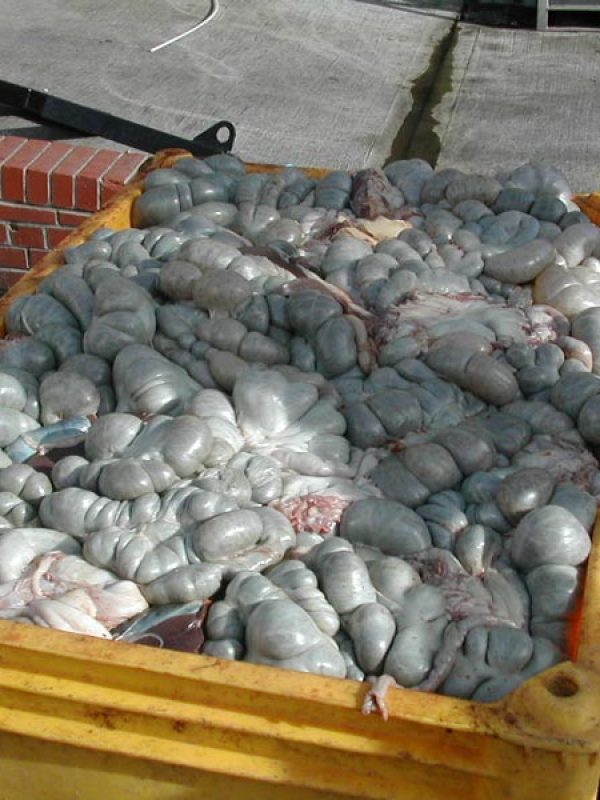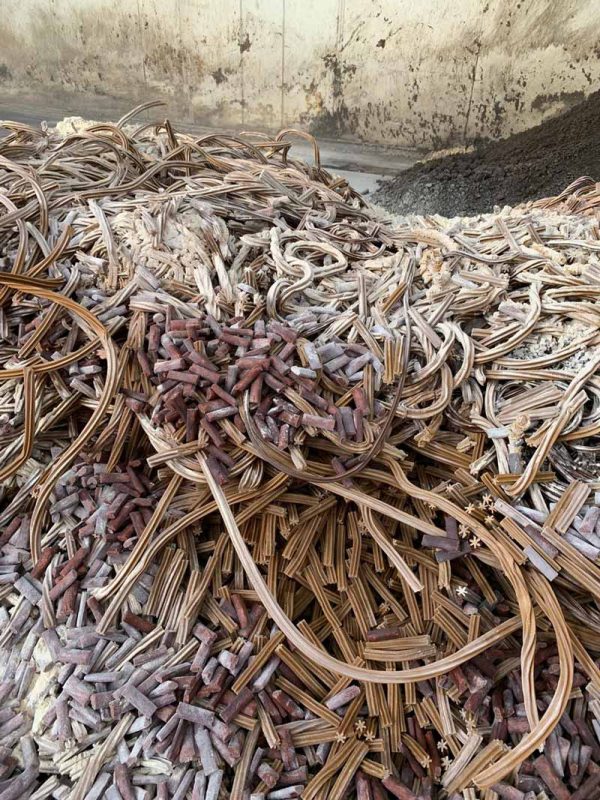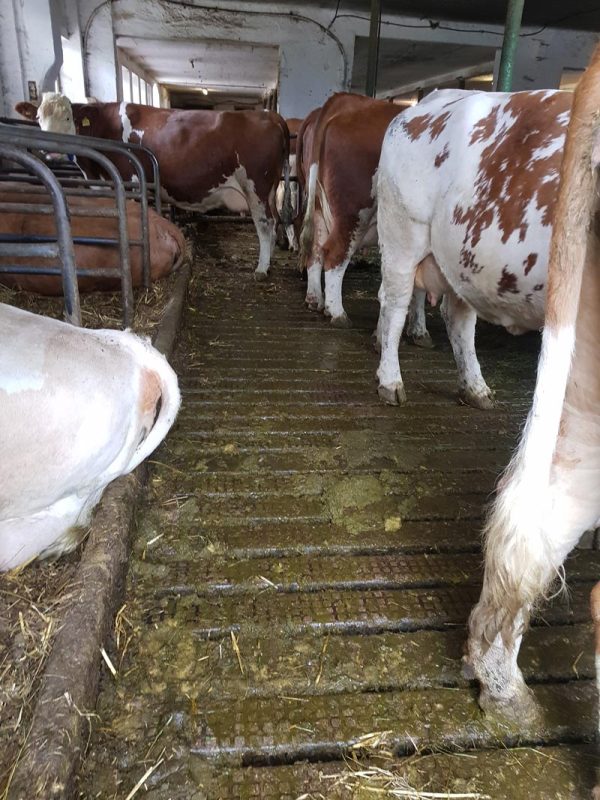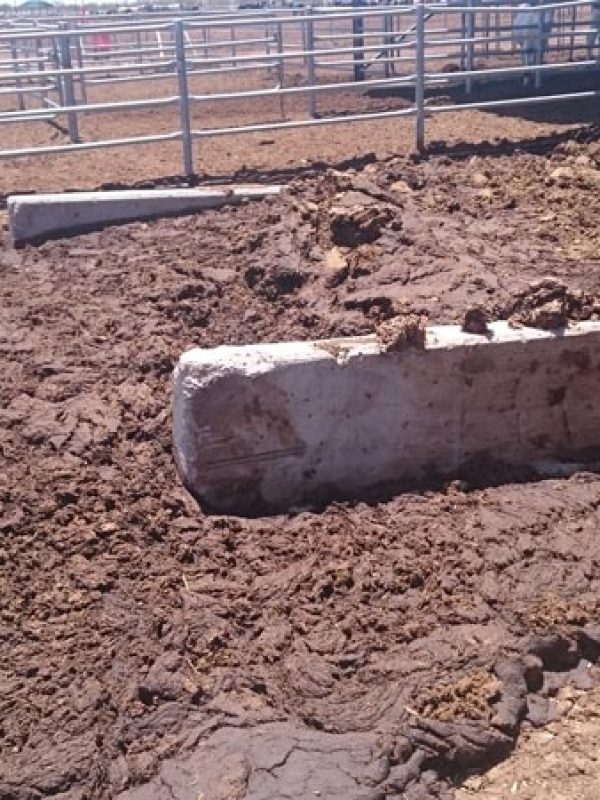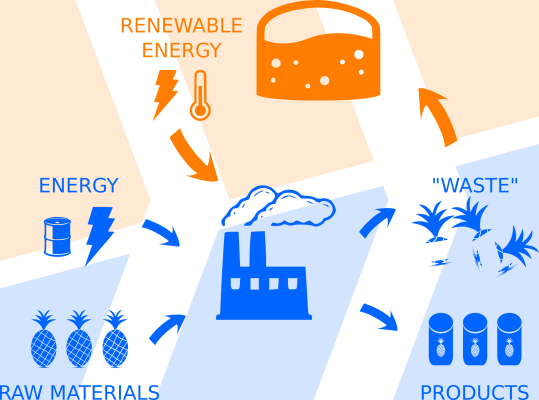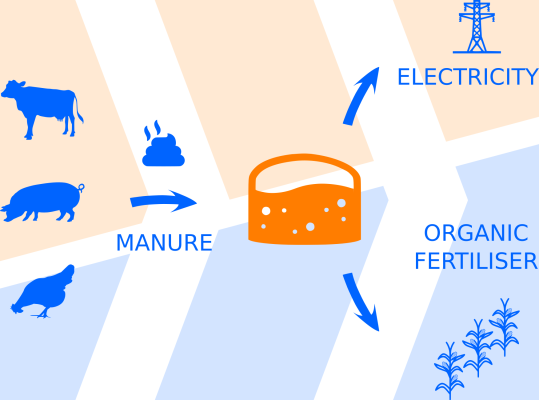Biogas
Status quo is
- Organic waste is produced on our farms and in our food processing factories
- This waste has a disposal cost and adverse effect on the environment
- Energy prices are ever increasing
- There is a drive for renewable energy, but baseload power remains a challenge
Biogas plants offer
- Biogas plants are a proven technology to convert organic waste into renewable energy and organic fertiliser.
- Biogas, which is a methane-rich gas, is a versatile and storable form of renewable energy.
- A huge variety of input materials can be used, from chicken manure to spoilt vegetables.
- Biogas plants work in a variety of settings, from farms to food factories.
- Natural microorganisms are what drive the anaerobic digestion process.
Want to know more about what feedstock can be used to generate biogas, how it is formed or how it can be utilised?
Our Offerings
Surge Sustainability is an experienced biogas solutions provider operating in Africa.
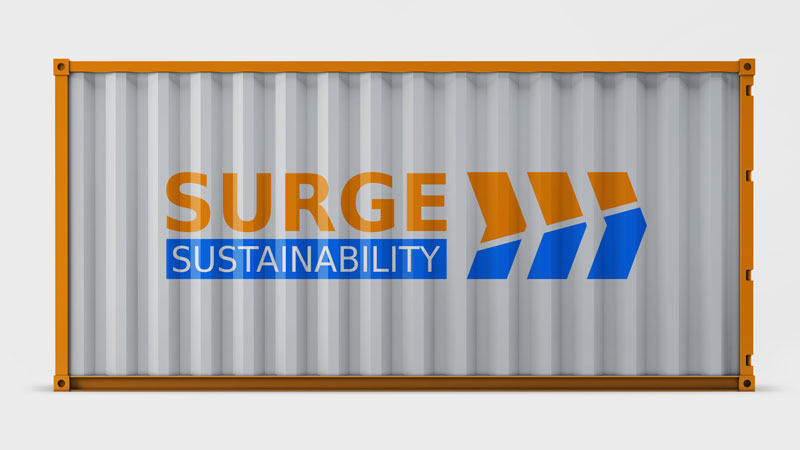
Medi Biogas
Why reinvent the wheel every time? We offer standardised and innovative game-changing biogas plants solutions in the 25 to 500 kW range, that are plug & play and modular.
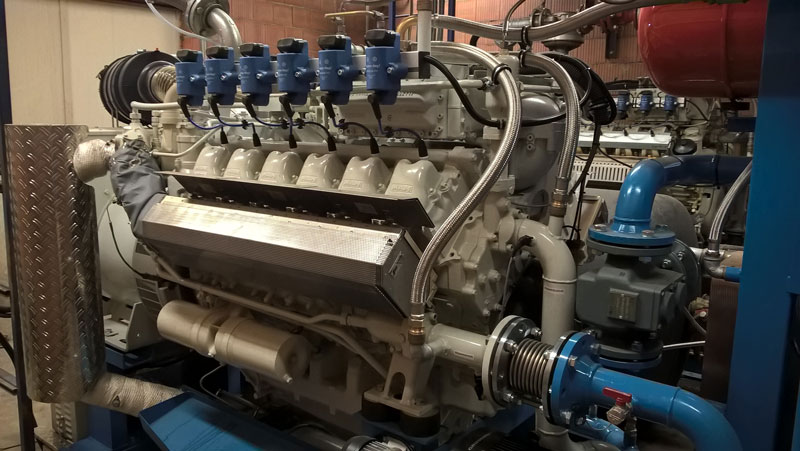
Maxi Biogas
For large or complex projects we offer bespoke engineered biogas plant solutions, fit for purpose, given the project drivers.
Benefits of Biogas
Waste treatment: Biogas plants make beneficial use of organic waste. Left untreated, the waste causes environmental issues, ranging from greenhouse gas emissions to foul odours and ground water pollution.
Versatility: Biogas is versatile. It is not only used to generate electricity but also hot water, steam or heat for drying. Furthermore, it can be upgraded to replace natural gas. On top of that it is a source of CO2 for the beverage industry or industrial uses.
Baseload: Electricity from biogas is baseload. This means that the electricity is generated all day, every day or on demand, as opposed to solar panels and wind turbines which are dependent on the elements.
Battery: Since biogas can be stored and converted into electricity on demand, it essentially solves the “battery problem” associated with solar photovoltaic installations. Biogas can be accumulated during sunny hours and utilised when the sun is not shining.
Fertiliser: The residue from biogas plants is an enhanced organic fertiliser. Nitrogen is made available during digestion. The organic matter contributes improves soil vitality thanks to higher water and nutrient retention.
Circular economy: Organic waste becomes renewable energy and fertiliser; the fertiliser promotes the growth of new crops.
Bottom line: Biogas plants can improve your bottom line by saving on waste disposal, energy and fertiliser costs.
De-central: Biogas plants are a source of energy, which are independent of volatile global commodity markets, dictators, and despots.
Job creation: Running a biogas plant create jobs, including skilled ones.
Carbon credits: Biogas plants reduce emissions from organic waste and generate renewable energy. These reductions in greenhouse gases are eligible for carbon certificates.
Applications
Biogas plants can solve organic waste and energy problems for:
Farms
Food Processors
Breweries
Abattoirs
Fresh Produce Markets
Institutional Kitchens
Municipalities
Delivery Models
We understand each project is different, thus we offer flexible delivery models.
We also offer operations and maintenance (O&M) services for existing biogas plants. Furthermore, we undertake research and development work and laboratory services relating to biogas plants.
Speak to us about your needs.

